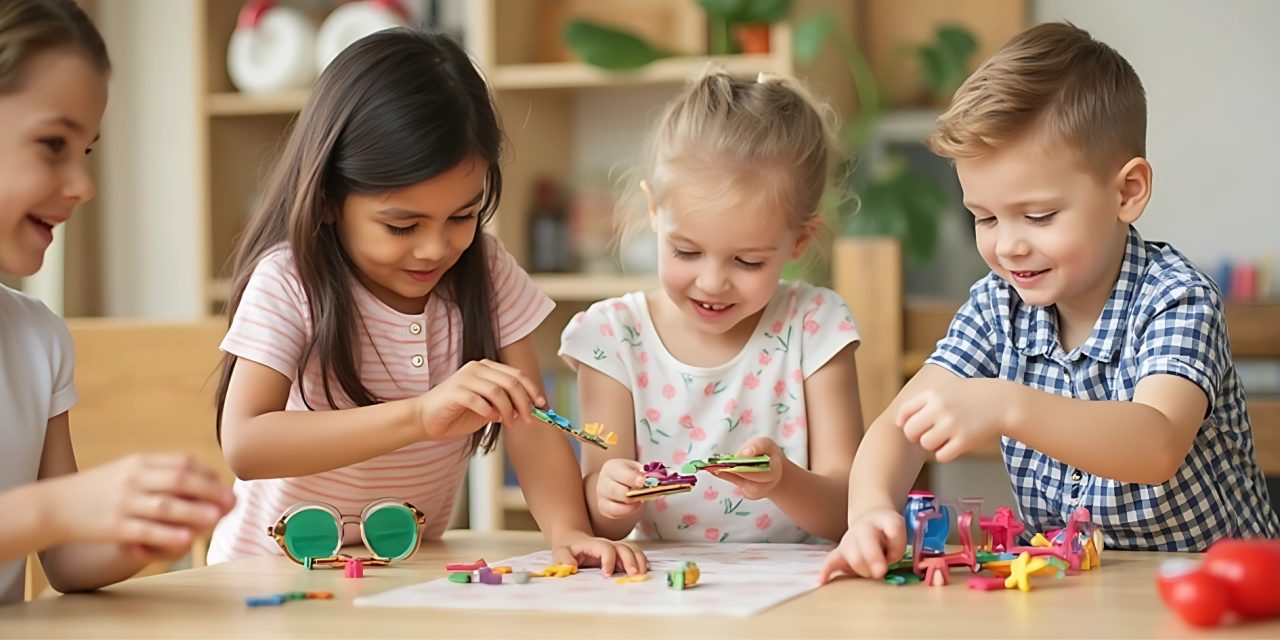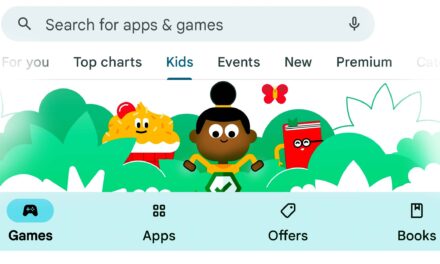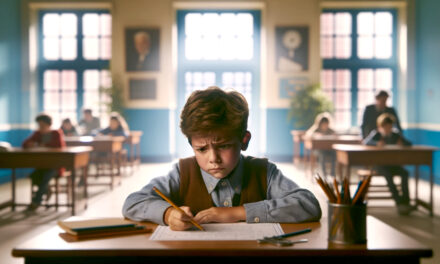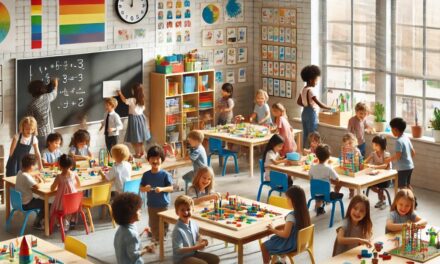Imaginative play is more than just fun and games—it’s the foundation for a child’s creativity, cognitive growth, and social skills. Through unstructured play, kids dive into worlds of their own making, exploring emotions, problem-solving, and critical thinking while crafting stories and playing different roles.
It’s not just a break from reality; it’s where they learn to navigate both their imagination and the social dynamics of the real world. The best part? They’re doing all this while having a blast!
Why Open-Ended Games are Essential for Child Development
Open-ended games play a critical role in child development. They foster imaginative play and provide a platform for creative problem-solving.
Unlike structured games, these activities allow children to express themselves freely while simultaneously achieving perks like:
- Developing cognitive skills
- Enhancing social competence
- Improving emotional expression through collaborative interactions
Open-ended games enable children to create their own scenarios and narratives. This significantly contributes to their critical thinking skills and overall learning outcomes. As such, these games are essential tools in both educational settings and home environments.
The fluid nature of such games encourages children to explore various possibilities and experiment with different solutions. They also promote adaptability and resilience. These experiences are vital in shaping a child’s ability to think critically and work creatively—qualities increasingly valuable in today’s complex world.
Engaging in open-ended play often immerses children in collaboration. This strengthens their communication skills and fosters empathy as they learn to consider others' perspectives.
Besides, the diversity of these activities can cater to varied learning styles. This ensures that all children benefit from meaningful, enjoyable interactions that further enrich their developmental journey.
Key Takeaway
Imaginative and open-ended play are more than just enjoyable activities for children; they are essential for fostering creativity, critical thinking, and social skills. These forms of play offer children a space to experiment, collaborate, and express their unique perspectives.
As children navigate these unstructured experiences, they develop the resilience and problem-solving abilities needed to thrive in a complex world. Open-ended games are not only fun but fundamental building blocks for a child's overall growth.
By supporting this kind of play, we equip the next generation with the tools to become innovative thinkers and compassionate collaborators.
Are you ready to explore how imaginative and open-ended play can transform your child’s development? Visit Marvelus Kids to learn more!









